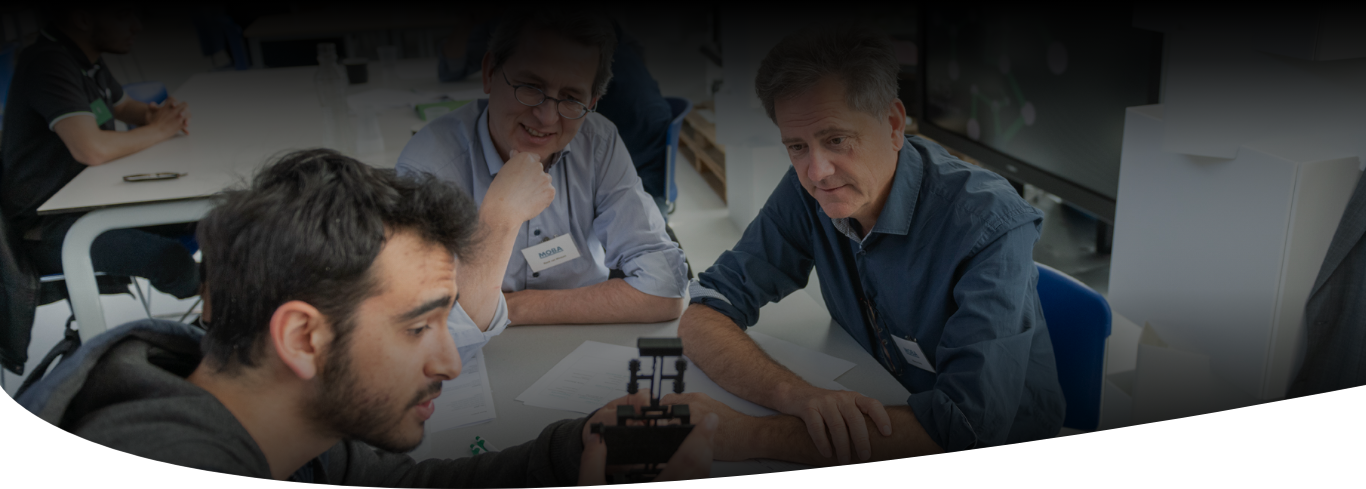The Challenge
Estimates suggest we generate around 400 million tonnes of plastic waste annually. Here's the breakdown of what happens to this plastic waste: Recycled: Only a small percentage, around 9% , gets recycled. Not recycled: The vast majority, roughly 91%, is not recycled. This is the plastic that ends up in landfills or the environment. While all non-recycled plastic contributes to the problem, not all plastics are created equal. The problematic category is plastic that is difficult to recycle and not biodegradable. Unfortunately, there isn't a definitive statistic on exactly how much falls into this category. However, we can look at some contributing factors: Single-use plastics: Half of all plastic produced is for single-use items. These are often made from lower quality plastics that are not economical to recycle. Short lifespan plastics: Nearly two-thirds of plastic waste comes from plastics designed to last less than five years. These plastics are less likely to be captured in recycling systems. If you're concerned about plastic pollution, reducing your use of single-use plastics and choosing products with biodegradable or recyclable packaging whenever possible are positive steps.
The solution
When you consume fruit or a vegetable you end with waste, but what if this waste can be the solution to produce suitable plastic on a feasible, acceptable, and sustainable way. We believe that Edamame beans and BioTech can together provide the solution to reduce the total plastic waste with 10%-70%!
Mission
Edamame beans will reduce our plastic crises!
